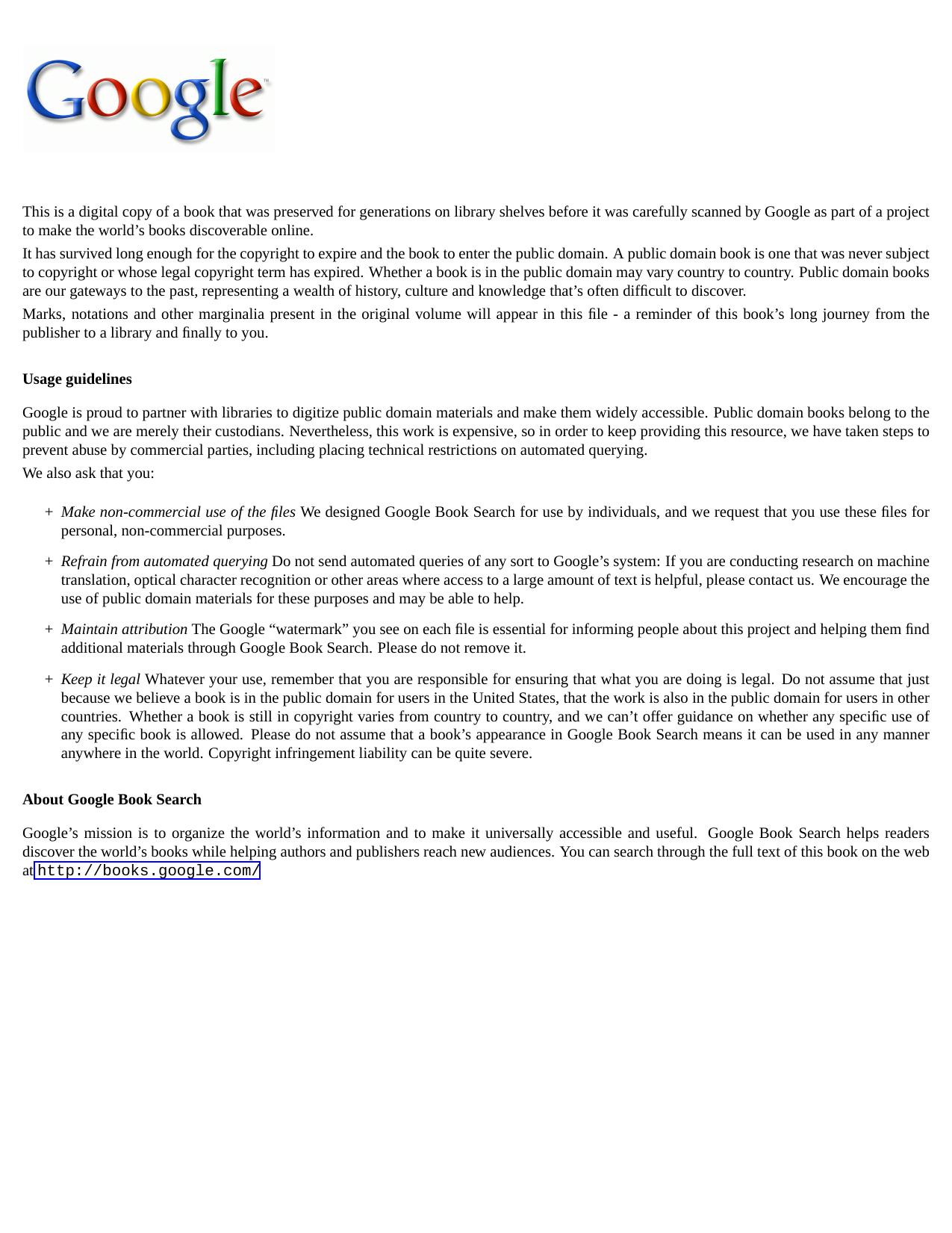The Economic Consequences of the Peace by John Maynard Keynes

Author:John Maynard Keynes [Keynes, John Maynard]
Language: eng
Format: azw3, epub, pdf
ISBN: 9781627559416
Publisher: Wilder Publications, Inc.
Published: 2015-06-09T16:00:00+00:00
British Empire $7,000,000,000 [106]
France 12,000,000,000 [106]
Italy 2,500,000,000
Others (Including United States) 3,500,000,000
Total $25,000,000,000
I feel much more confidence in the approximate accuracy of the total figure[107] than in its division between the different claimants. The reader will observe that in any case the addition of Pensions and Allowances enormously increases the aggregate claim, raising it indeed by nearly double. Adding this figure to the estimate under other heads, we have a total claim against Germany of $40,000,000,000.[108] I believe that this figure is fully high enough, and that the actual result may fall somewhat short of it.[109] In the next section of this chapter the relation of this figure to Germany's capacity to pay will be examined. It is only necessary here to remind the reader of certain other particulars of the Treaty which speak for themselves:
1. Out of the total amount of the claim, whatever it eventually turns out to be, a sum of $5,000,000,000 must be paid before May 1, 1921. The possibility of this will be discussed below. But the Treaty itself provides certain abatements. In the first place, this sum is to include the expenses of the Armies of Occupation since the Armistice (a large charge of the order of magnitude of $1,000,000,000 which under another Article of the Treaty—No. 249—is laid upon Germany).[110] But further, "such supplies of food and raw materials as may be judged by the Governments of the Principal Allied and Associated Powers to be essential to enable Germany to meet her obligations for Reparation may also, with the approval of the said Governments, be paid for out of the above sum."[111] This is a qualification of high importance. The clause, as it is drafted, allows the Finance Ministers of the Allied countries to hold out to their electorates the hope of substantial payments at an early date, while at the same time it gives to the Reparation Commission a discretion, which the force of facts will compel them to exercise, to give back to Germany what is required for the maintenance of her economic existence. This discretionary power renders the demand for an immediate payment of $5,000,000,000 less injurious than it would otherwise be, but nevertheless it does not render it innocuous. In the first place, my conclusions in the next section of this chapter indicate that this sum cannot be found within the period indicated, even if a large proportion is in practice returned to Germany for the purpose of enabling her to pay for imports. In the second place, the Reparation Commission can only exercise its discretionary power effectively by taking charge of the entire foreign trade of Germany, together with the foreign exchange arising out of it, which will be quite beyond the capacity of any such body. If the Reparation Commission makes any serious attempt to administer the collection of this sum of $5,000,000,000 and to authorize the return to Germany of a part it, the trade of Central Europe will be strangled by bureaucratic regulation in its most inefficient form.
Download
The Economic Consequences of the Peace by John Maynard Keynes.epub
The Economic Consequences of the Peace by John Maynard Keynes.pdf
This site does not store any files on its server. We only index and link to content provided by other sites. Please contact the content providers to delete copyright contents if any and email us, we'll remove relevant links or contents immediately.
International Integration of the Brazilian Economy by Elias C. Grivoyannis(110049)
The Radium Girls by Kate Moore(12018)
Turbulence by E. J. Noyes(8040)
Nudge - Improving Decisions about Health, Wealth, and Happiness by Thaler Sunstein(7692)
The Black Swan by Nassim Nicholas Taleb(7106)
Rich Dad Poor Dad by Robert T. Kiyosaki(6609)
Pioneering Portfolio Management by David F. Swensen(6288)
Man-made Catastrophes and Risk Information Concealment by Dmitry Chernov & Didier Sornette(6005)
Zero to One by Peter Thiel(5786)
Secrecy World by Jake Bernstein(4741)
Millionaire: The Philanderer, Gambler, and Duelist Who Invented Modern Finance by Janet Gleeson(4465)
The Age of Surveillance Capitalism by Shoshana Zuboff(4275)
Skin in the Game by Nassim Nicholas Taleb(4239)
The Money Culture by Michael Lewis(4198)
Bullshit Jobs by David Graeber(4179)
Skin in the Game: Hidden Asymmetries in Daily Life by Nassim Nicholas Taleb(3989)
The Dhandho Investor by Mohnish Pabrai(3758)
The Wisdom of Finance by Mihir Desai(3734)
Blockchain Basics by Daniel Drescher(3574)
